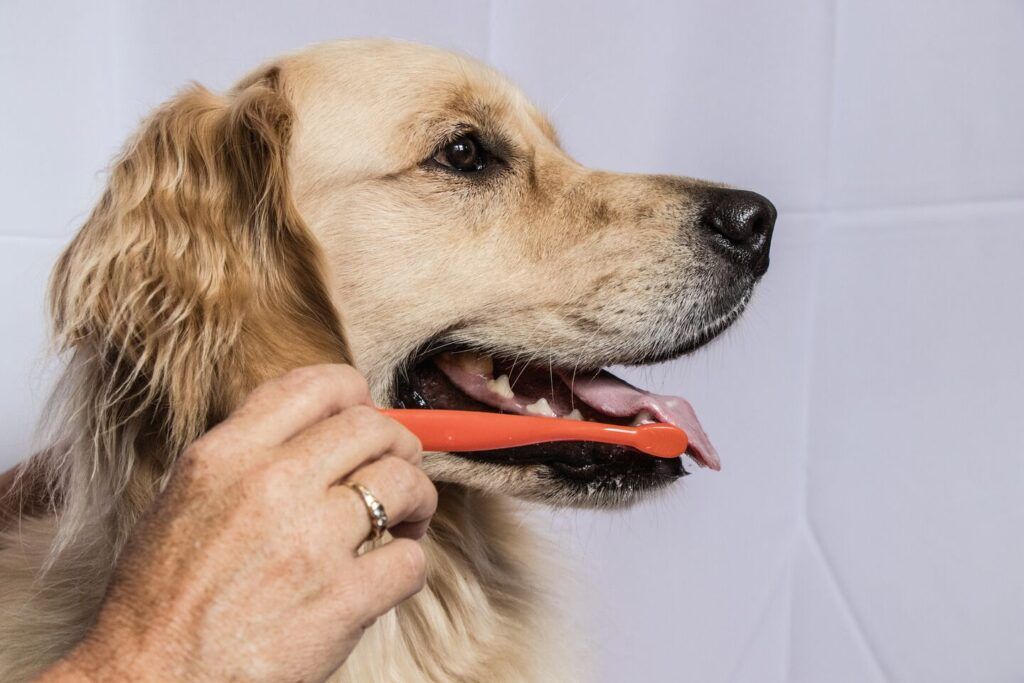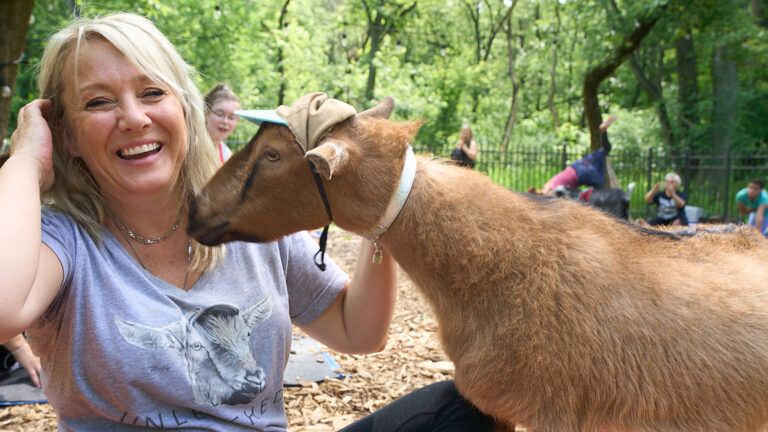Most of us know the importance of oral care, including dental cleanings, for our pets’ health. Yet surveys show that fewer than eight percent of pet parents routinely brush their dog’s or cat’s teeth. Here’s how you can help keep your pet’s teeth, gums, and mouth in tip-top condition.
1. Start young.
If you have a puppy or a kitten, get on top of dental care before it becomes a problem. Dental disease is very painful and can lead to abscesses, diseased teeth and gums, and damaged bones. Oral bacteria can cause infections, which can spread through the bloodstream to the organs. Preventive efforts at home may save your pet from discomfort, and you from huge medical bills. Plus, your vet will check your pet’s teeth and gums at his annual wellness exam.If your pet is older, it’s not too late to start. A clean, healthy mouth will feel better and smell fresh, too.
2. Lift a lip.
Regularly lift your pet’s lip and check his teeth and gums. Odor, swelling, redness, inflammation, bleeding and tartar buildup could all be signs of a problem. Also, tell your vet if your pet is drooling, pawing at his mouth, favoring one side of the mouth or refusing to eat hard, crunchy food.
3. Brush those teeth.
Toothbrushing can be a challenging endeavor with squirmy dogs and skittish cats. The trick is to get your pet used to this gradually. Be sure to keep the experience positive and offer plenty of praise. Start by holding your pet, or sitting next to him, at a time when you’re both relaxed. Gently touch his teeth with your finger to get him used to the idea. Keep the session brief. Next, rub a damp square of gauze or a finger brush against your pet’s teeth. If this goes well, you’re ready for the next step. Let your pet see the toothbrush and sniff the toothpaste. Use a soft-bristled brush and cat or dog toothpaste only (human tooth-paste is not safe for pets). It comes in flavors such as chicken, beef, seafood, vanilla-mint, and peanut. Gently brush your pet’s teeth in a circular motion. If your dog or cat growls or cries, tries to bite, or seems anxious, don’t force it. Keep the praise going!l Ideally, you should brush your pet’s teeth daily, but if that proves difficult, success on some days is better than none.
4. Provide dental treats.
Some pets won’t tolerate tooth-brushing at all. Alternatives—while not as effective as brushing—may help. Consider using an oral rinse, drops, sprays or special water additives. Offer your cat or dog dental chews and treats such as bully sticks, Greenies, OraVet and Tartar Shield. Make sure the treat has the Seal of Acceptance from the Veterinary Oral Health Council (go to vohc.org for a list of accepted products). Some pet food formulas—Hill’s Prescription Diet, for one—help reduce plaque and tartar. Give your dog’s mouth a healthy workout with rubber or nylon chew toys. Some toys have nubs and bristles that might help brush away tartar. Avoid bones, cow hooves and hard toys that may break teeth, and dispose of any toy that your dog has managed to chew through.
5. Consider professional cleaning.
A professional cleaning may be required to thoroughly scale and polish your pet’s teeth. The draw-back is that a professional cleaning requires anesthesia. This may be expensive and is not without risks. Discuss with your vet what’s right for your pet.
6. Learn about other procedures.
If your cat or dog has advanced dental or periodontal problems, a more extensive procedure may be needed. Options include tooth extraction, root canal and even braces. Your vet can provide you with information and help you decide. Considering the health risks of dental disease, as well as the expense of veterinary procedures, a daily toothbrushing is well worth the effort.






